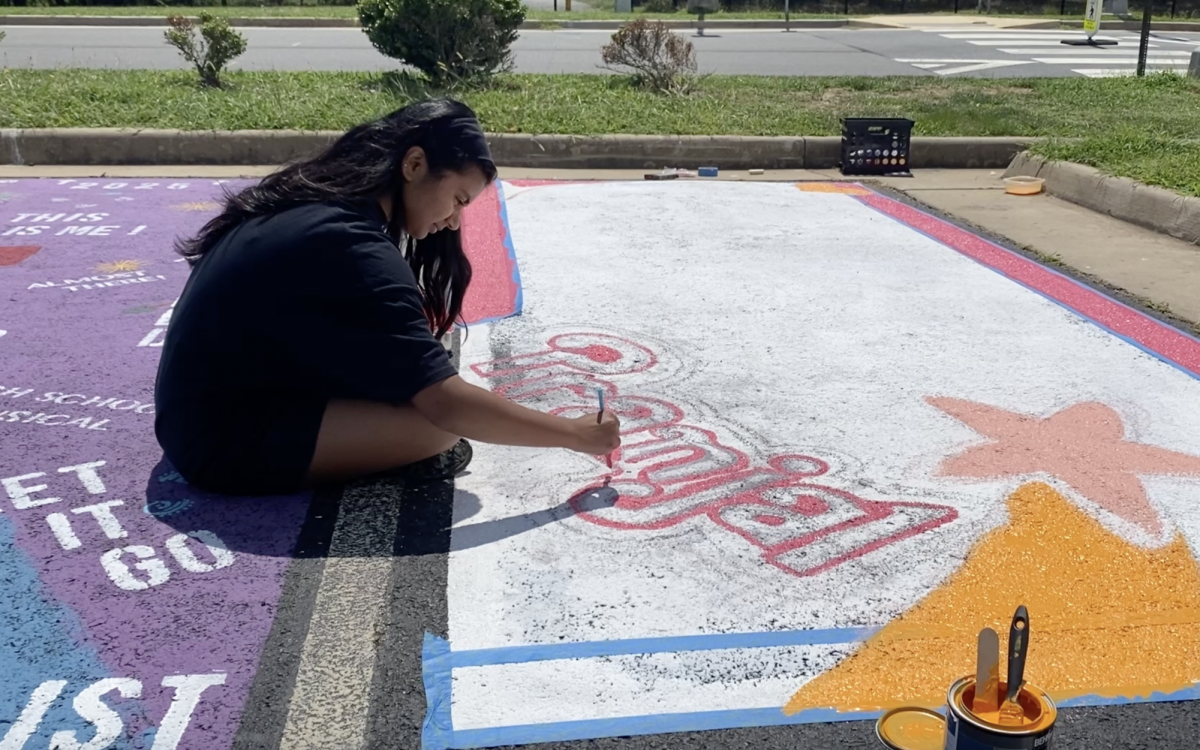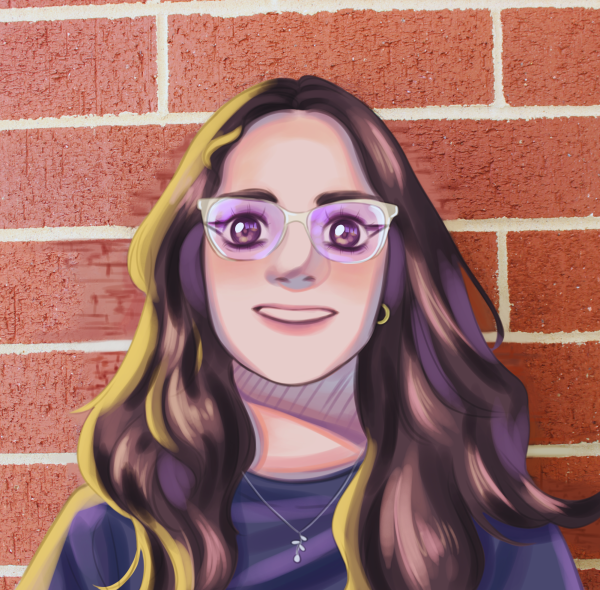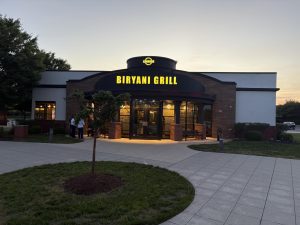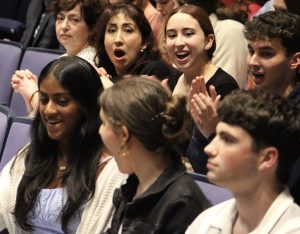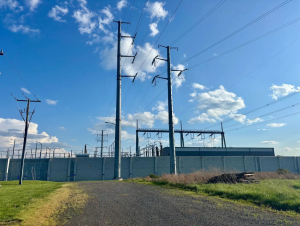Healing Injuries, Making Memories: Meet Athletic Trainer Cole Powell
Athletic Trainer Cole Powell is known for effectively helping student-athletes work through their injuries while also bonding with them. Powell has made major contributions to the athletics program over the past seven years, and he looks forward to how the program will grow.
May 22, 2023
As a teenager, athletic trainer Cole Powell was an active athlete, but he also had a keen interest in physical therapy and how the human body worked. However, as college crept closer, Powell struggled to find a possible career that was a combination of both of his interests. “I couldn’t really decide between the two,” Powell said. “I thought about how I could join [both interests together], and that’s when I learned about athletic training.”
As a senior in high school, Powell started to delve deeper into athletic training and took classes in college to expand on his interest – eventually earning a bachelor’s degree in athletic training. After passing the certification exam and officially getting licensed by the Board of Medicine, he began working at doctor’s offices and started to gain hands-on athletic training experience. While working at various offices, Powell had always looked up to the surgeons working there. “They taught me so much when I worked there,” Powell said.
Powell was also guided by Dr. Zahra Ismaeli, the Lead Athletic Trainer for Loudoun County Public Schools. “She was always a strong influence for me,” Powell said. “When I have questions or I need to bounce ideas off of somebody, she’s one of the first people that I go to.”
Originally, Powell thought working at doctor’s offices would be ideal for him, and he never thought about working at a high school. “I thought that I would never want to work at a high school,” Powell said. “I didn’t think that I would get along with the kids, and I thought that it would be a nightmare.”
Over time, Powell convinced himself that taking up the athletic trainer position would be the next best step in his career, and he slowly got accustomed to the environment of the school. The transition from the doctor’s office was a significant change of atmosphere, and he had to learn how to work with the personalities of teenage students. “It took about two months to get integrated with everybody,” Powell said. “After that, I learned that I really enjoyed working with the athletes.”
Powell’s journey has been full of core memories that he’ll cherish for the rest of his life. Over the years, Powell developed special bonds with the athletes and felt that he made meaningful contributions to the athletic programs at the school. “I found my own way to interact and build bonds with the students,” Powell said. “I think that’s helped with building the program that we have now.”
An essential part of the program and Powell’s experience as the athletic trainer involves his Athletic Training Student Aides – or ATSAs. “They are like little extensions of me,” Powell said. “I try to take them under my wing and show them what [athletic training] is all about.” Powell said that working with his ATSA students is a learning experience for both them and himself. “We’re able to connect on an educational level,” Powell said. “They’re here to learn, and I enjoy teaching people that want to learn.”
Senior Akshara Somu is an ATSA member, and she’s had memorable experiences while working with Powell. “I learn a lot here, and there are many opportunities for me,” Somu said. “If there’s anything that [Powell] thinks that I can do or try, he lets me.” Somu has a strong connection with Powell, and he’s also helped her navigate through her final year of high school. “I’ve always gone to him for advice,” Somu said. Being a part of the ATSA program involves a lot of discipline and work ethic, but the ATSA students enjoy the atmosphere. “[Powell] is very disciplined and he follows his rules,” Somu said. “He doesn’t bend around them.”
An important skill that Powell has applied to his work is being able to handle specific situations differently. “You have to be a chameleon and understand that not everyone will interpret the same cues in the same way,” Powell said. “Being able to approach situations from a different angle is important.”
Powell is known for providing straight-forward and beneficial comments to his patients, and he doesn’t sugar-coat anything. “You can tell that he’s really honest,” freshman Jolyne Ma said. “He’s not going to tell you something just to make you feel better.”
While working with athletes through their injury to healthy recoveries, Powell has built special bonds with most of them. Every athlete’s injury is different, and Powell analyzes each situation before starting the rehab process.
Ma spent a lot of time at Powell’s rehab office this past winter season when she injured her hamstring, and she’s grateful that Powell was there every step of the way to her recovery. “He helped me heal my hamstring and rebuild my strength,” Ma said. “He knew what he was doing, so I knew that I was in good hands.”
The past seven years served to be an incredible learning experience for Powell, and he’s found his place in the Rock Ridge community. It took a lot of hard work to get to where he is now, but Powell believes that his work is beneficial to the people around him.“When I was younger, I thought that everybody had a purpose,” Powell said. “I always thought that my purpose would be to help as many people as I possibly could.”

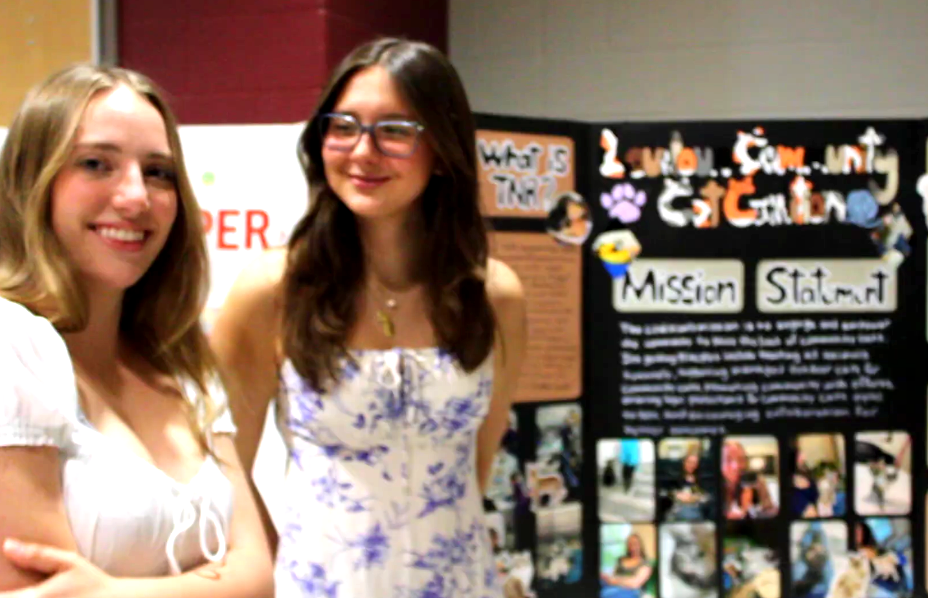
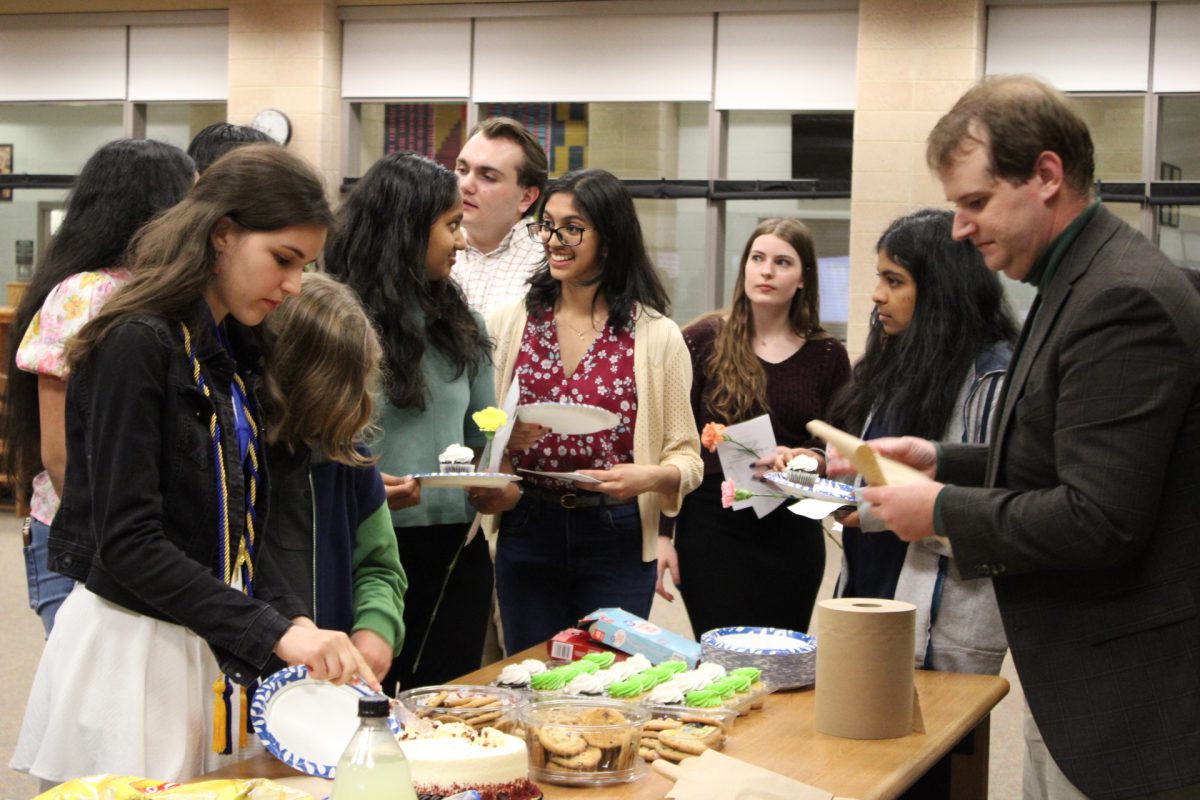





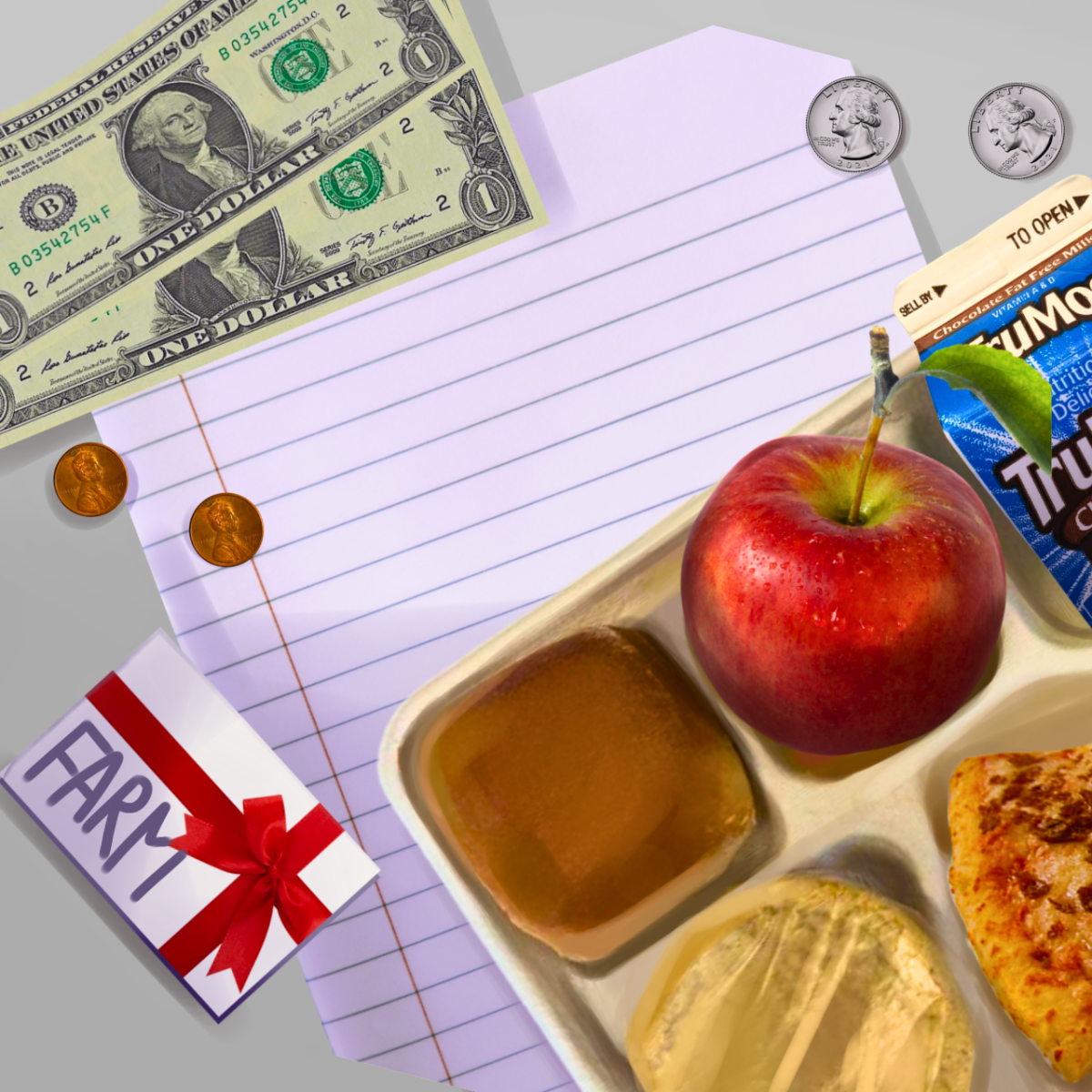
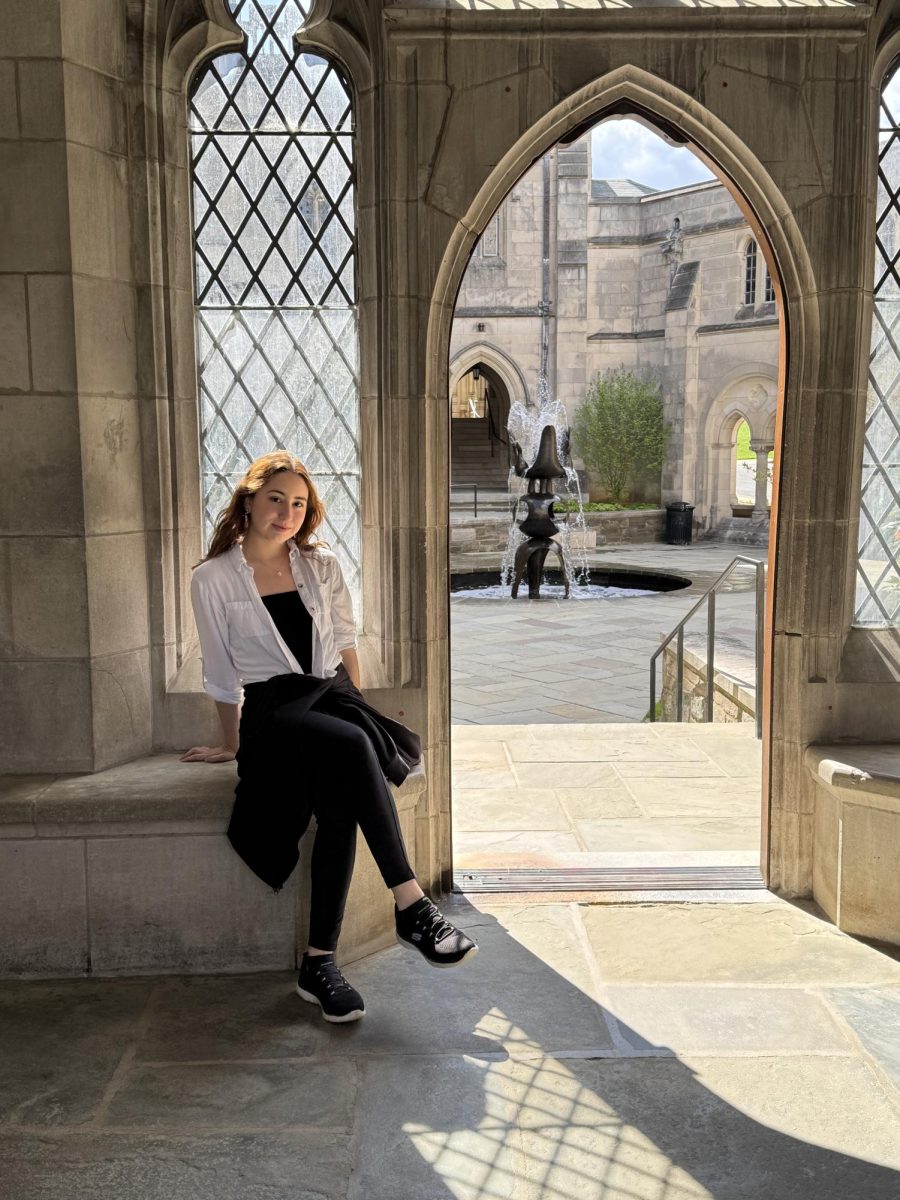
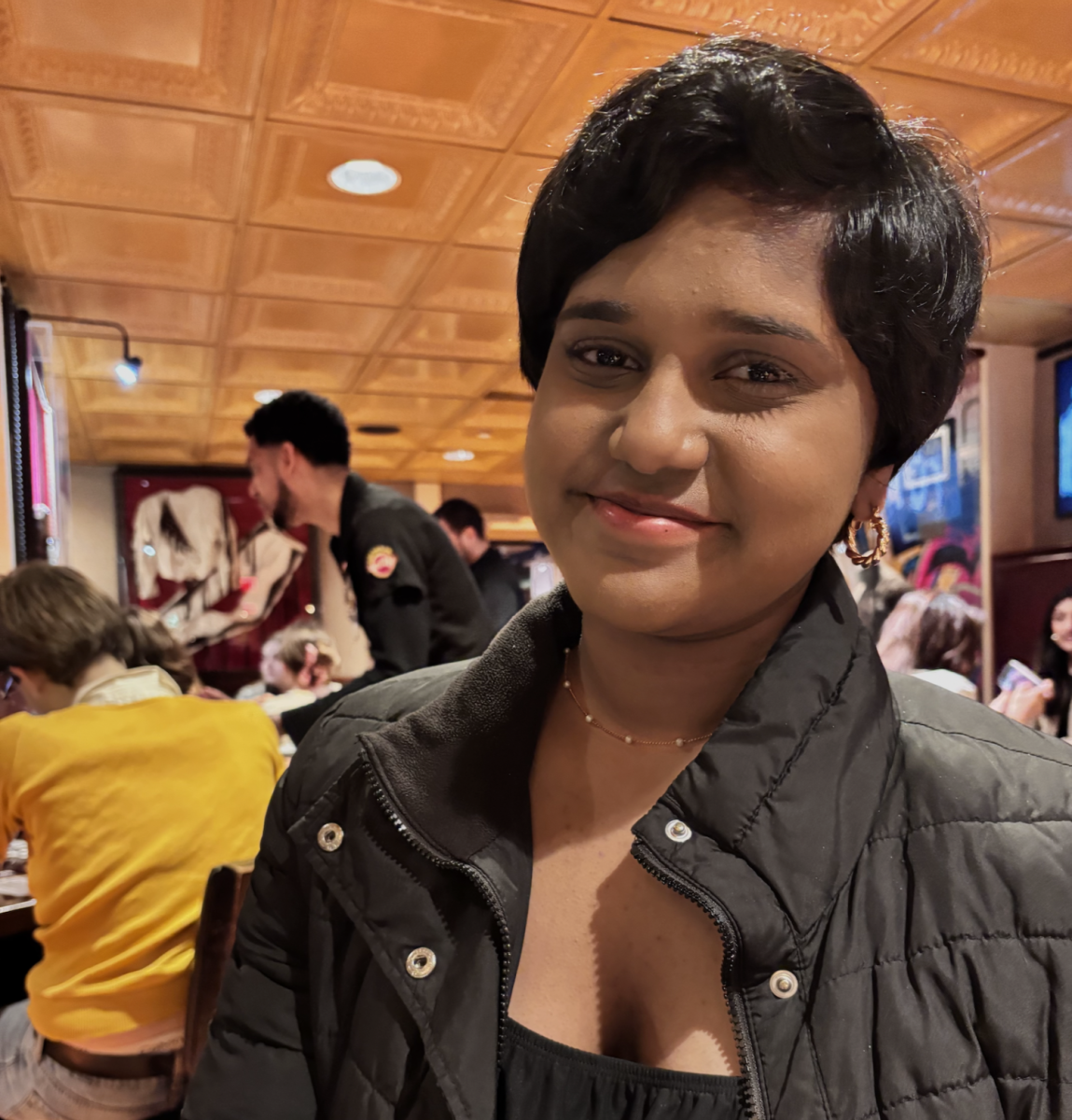


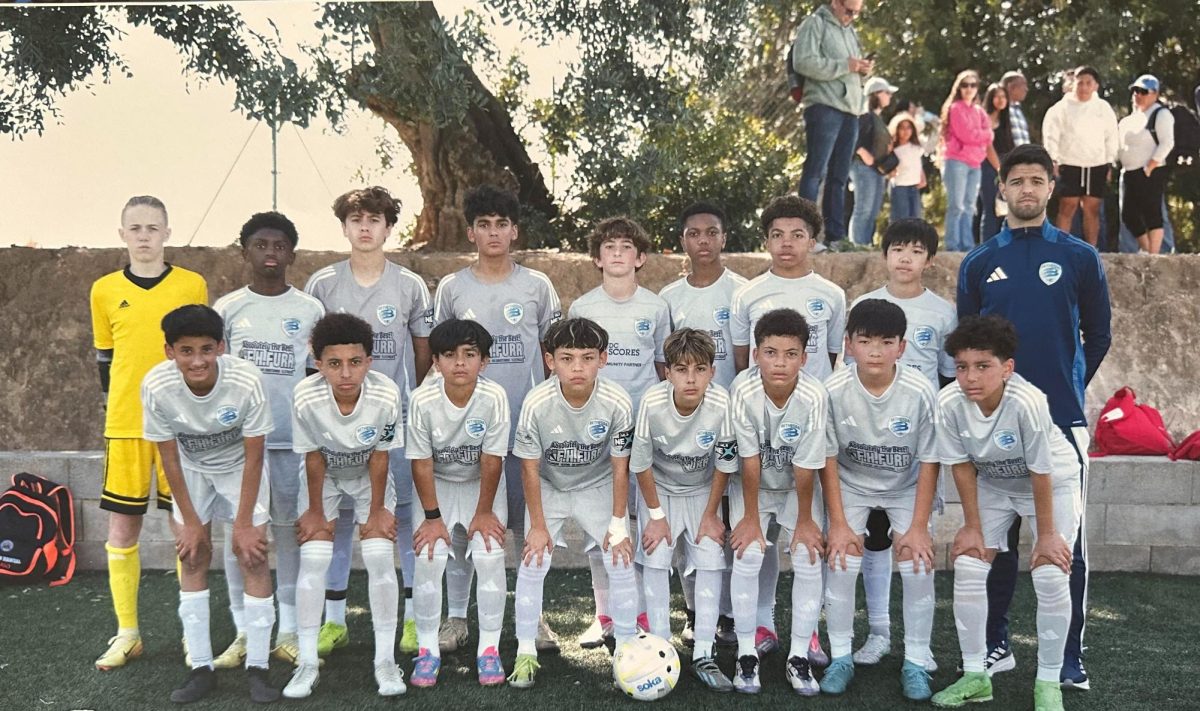



![The Phoenix varsity volleyball team lines up for the national anthem. “We were more communicative [with each other] during this game, and I feel like we kept our energy up, especially after the first set,” senior Jessica Valdov said.](https://theblazerrhs.com/wp-content/uploads/2024/10/DSC_0202-1200x800.jpg)








![Junior Alex Alkhal pitches the ball. “[I] just let it go and keep practicing so we can focus on our goal for the next game to get better as a team,” Alkhal said.](https://theblazerrhs.com/wp-content/uploads/2025/05/DSC_0013-1-1200x929.jpg)


















